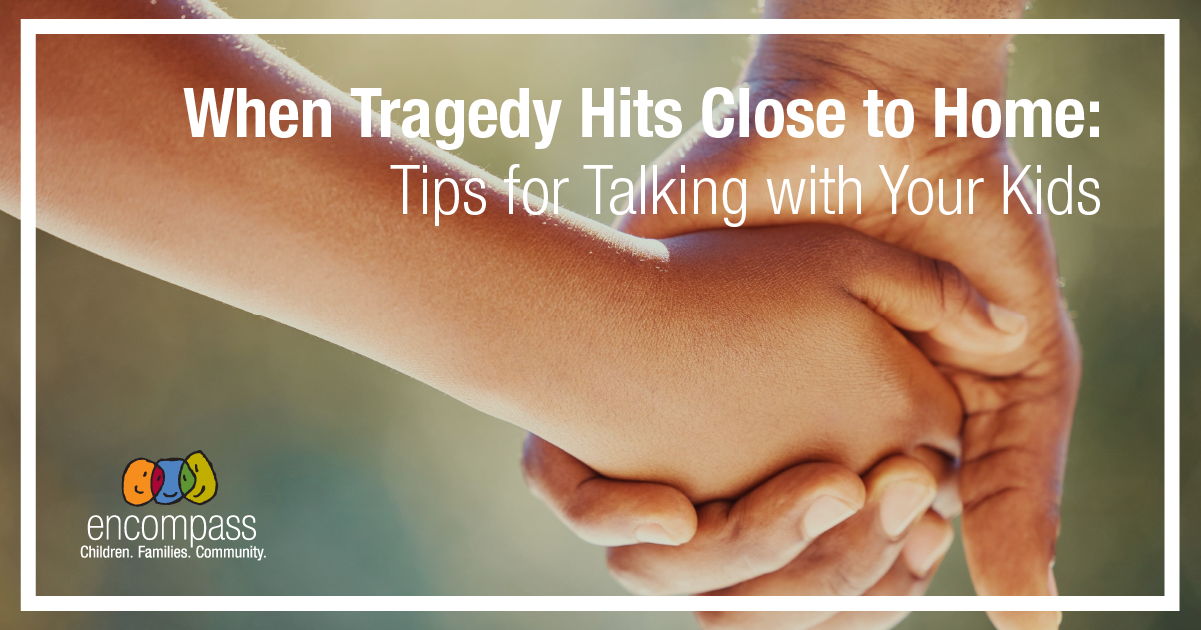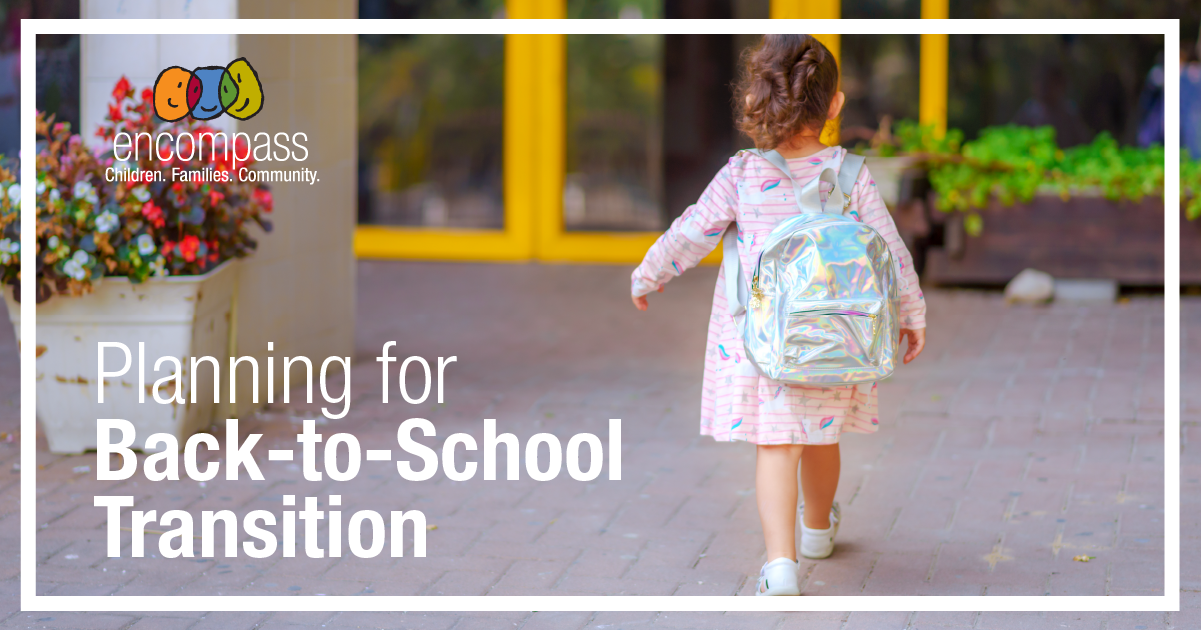Reclaiming the Holiday Spirit

Every parent has had that anxious feeling on the way to a big holiday event. We want so much for our kids to enjoy the lights, the candles, the gifts, the special foods, and the special people. We want them to have memories filled with magic, joy, and love. We want our friends and family members to adore our kids and be wowed by how wonderful they are.
Many times, those high expectations lead to stress, tension, and disconnection instead of dancing sugar plum fairies and enchanted warm fuzzies. Sometimes that anxiety and tension can even become toxic stress, and the whole holiday season begins to feel traumatic instead of joyful.
To reclaim the holiday spirit, I usually encourage families to focus on three main things: preparation, expectations, and grace.
Preparation
Limit yourself to events and activities that will bring joy.
Prioritize and plan by really thinking about what events and traditions you want to invest in this year. It doesn’t have to be a forever decision, but maybe for this year, you say no to events that feel like a burden or deplete you or your kids emotionally. To help you decide, you can make it into a game and play “What I Like and What’s Hard,” where you say an event/activity and then take turns saying what you like about that event and what’s hard about that event. You can learn a lot about what challenges your family when you really listen to the answers that you all come up with.
I have a friend who tried this and found out that it really stressed out one of her kids to wait for breakfast while siblings opened their stockings. The child had a super hard time regulating her emotions when she was hungry, and so sitting still to calmly watch siblings get presents was a set up for disaster. Once the child had the opportunity to mention that struggle, it was easily handled by providing a protein snack during stocking time.
Make a list of the things you and your kids need to be your best selves.
Some common things are sleep, hydration, healthy foods, alone time, time outside, or whatever helps each individual feel better. Incorporating these items into your gift giving can also be a great way to encourage self-care during this challenging season. I know I love to get cozy blankets, warm slippers, and fun bath items, and my kids do too.
Have an exit strategy.
If you do say yes to an event that has the potential to be challenging, problem-solve beforehand how you will leave, what you’ll say to the host, and how you’ll communicate with each other that it’s time to go. I always like to try to leave an event when things are still going well in order to give my kids the experience of successfully navigating the event and leave everyone looking forward to next time. If you have a kiddo who fights leaving until they are in full meltdown mode, it can be helpful to plan to do something fun on the way home. Maybe you agree to stop for hot chocolate or go for a drive to look at the lights… whatever works to help the child feel like the fun isn’t ending when you leave the party. One of my kids always feels a little more comfortable having a code word that they can say to me if they need a break or need to tell me something privately. This can help them feel comfortable getting support when other people are around and not wait until things are at a boiling point.
Expectations
Help manage your child’s sometimes-unbearable anxiety about the season.
It’s important to keep in mind that excitement and anxiety feel the same in the body. Think about the signs of each: butterflies in your tummy, quickening heartbeat and breathing, trouble sleeping, etc. For some people, feeling excited like this can trigger memories of other times they’ve felt anxious and bring back really hard reminders of other challenging times.
Some of the ways we can handle this are by being attuned and watchful of what is happening. Is your child asking lots of nonsense questions (things you’ve already answered 18 million times), having trouble sleeping or eating, seem to have an unusual excess of energy, or having a really hard time following instructions or complying with directions? These can all be signs of anxiety in children. Sometimes this requires that we get creative. I’ve known people who had a kiddo who was really worried he wouldn’t get the present he desperately wanted and couldn’t focus on anything else. To alleviate this stress, the parents went shopping with him, had him pick it out, and let him help hide it in the present spot. Yes, they didn’t get the shocked look of surprise when he opened his gift, but they also didn’t get the weeks of challenging behaviors due to the child’s anxiety. I have a friend who commonly does “Surprise Christmas” a week or two before the actual day when she sees that her kids can’t handle the anticipation any more. One morning, the kids just wake up and surprise! It’s Christmas! Then on Christmas day, they do relaxing activities like movie marathons or hiking.
Role-play opening gifts before doing it in front of others.
Wrap up some silly items from around the house and each night have everyone practice taking turns opening the gift, saying thank you, and finding something to say about the item. Make the items as goofy as possible in order to keep everyone relaxed and playful. For example, I might open a gift of a cheese grater and exclaim, “Wow! How did you know I love cheese?! Thank you!” I read a study recently that said that kids learn 400 times faster through playfulness than they do when we just lecture them.
If you have a kiddo that struggles behaviorally, their anxiety can be escalated by the additional focus on “being good because Santa is coming.” I’ve known kids who are constantly worried that they aren’t being good enough, which leads to a negative spiral of shame and then more difficult feelings and behaviors. This can sometimes be handled by letting the child have a tiny gift each day (mints, gum, play dough, encouraging notes, etc.) in order to help them remember that they are worthy. It can be helpful to get extended family and friends in on this too so that they don’t unintentionally sabotage all the work you are trying to do to help your child manage their big feelings/worries.
Grace
After you’ve worked on preparation and expectations, sometimes we just need to give ourselves and our kids a bit of grace. It’s important to remember that our kids aren’t giving us a hard time, they are having a hard time. I find that looking at situations through that lens makes me want to get curious and try to figure out a way to meet the need under the behavior instead of punishing my child for the behavior they are using to communicate what they need.
To hear Megan talk about handling holiday stress, listen to Episode 8 of our Parent Talks podcast here.














